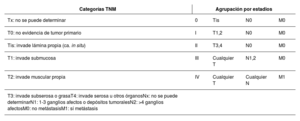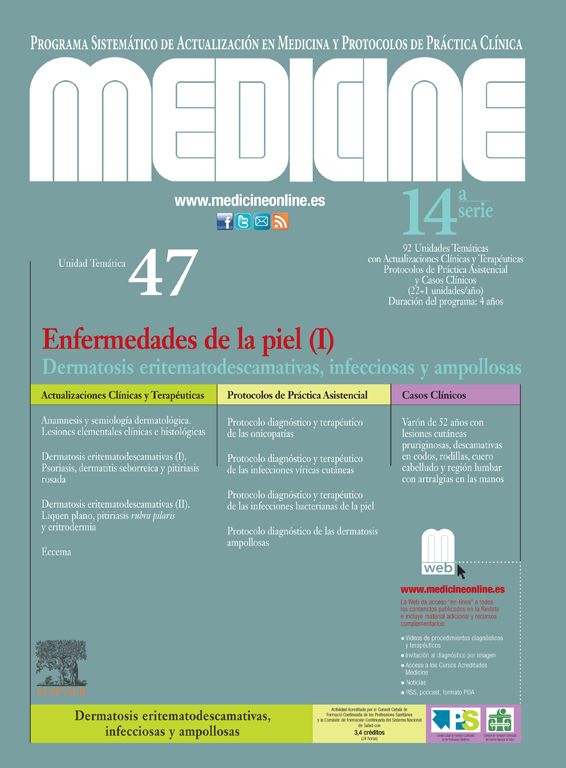El cáncer colorrectal es el tumor más incidente en España y representa la segunda causa de mortalidad por cáncer, detrás del cáncer de pulmón. Existen factores de riesgo bien establecidos en el desarrollo del tumor, entre ellos los síndromes hereditarios, la enfermedad inflamatoria intestinal o la obesidad. Los síntomas clínicos iniciales y las campañas de detección precoz permiten diagnosticar este cáncer en fases curables en muchos pacientes. En los tumores localizados, la cirugía se sigue considerando el tratamiento curativo de la enfermedad, aunque se produce recidiva en un alto porcentaje de los pacientes, lo que justifica la indicación de terapias adyuvantes y neoadyuvantes. Ciertas estrategias novedosas, como el seguimiento intensivo sin cirugía en el cáncer de recto localizado, están tomando fuerza en los últimos años, por lo que se prevé un cambio de panorama en el futuro. En la enfermedad metastásica, el tratamiento con quimioterapia, la adición de terapias biológicas, la inmunoterapia en pacientes seleccionados y los rescates quirúrgicos consiguen largas supervivencias de hasta 30-36 meses en los pacientes.
Colorectal cancer is the most common tumor in Spain and is the second leading cause of death due to cancer after lung cancer. There are well-established risk factors for tumor development, including hereditary syndromes, inflammatory bowel disease, and obesity. The initial clinical symptoms and early detection campaigns make it possible to diagnose this cancer in curable stages in many patients. In localized tumors, surgery is still considered the curative treatment for the disease, although recurrence occurs in a high percentage of patients, which justifies the indication of adjuvant and neoadjuvant therapies. Certain novel strategies, such as intensive follow-up without surgery in localized rectal cancer, have been gaining momentum in recent years, so a change in the future outlook is predicted. In metastatic disease, treatment with chemotherapy, the addition of biologic therapies, immunotherapy in select patients, and salvage surgery achieve long survival times of up to 30–36 months in patients.
Identifíquese
¿Aún no es suscriptor de la revista?
Comprar el acceso al artículo
Comprando el artículo el pdf del mismo podrá ser descargado
Teléfono para incidencias
De lunes a viernes de 9h a 18h (GMT+1) excepto los meses de julio y agosto que será de 9 a 15h








